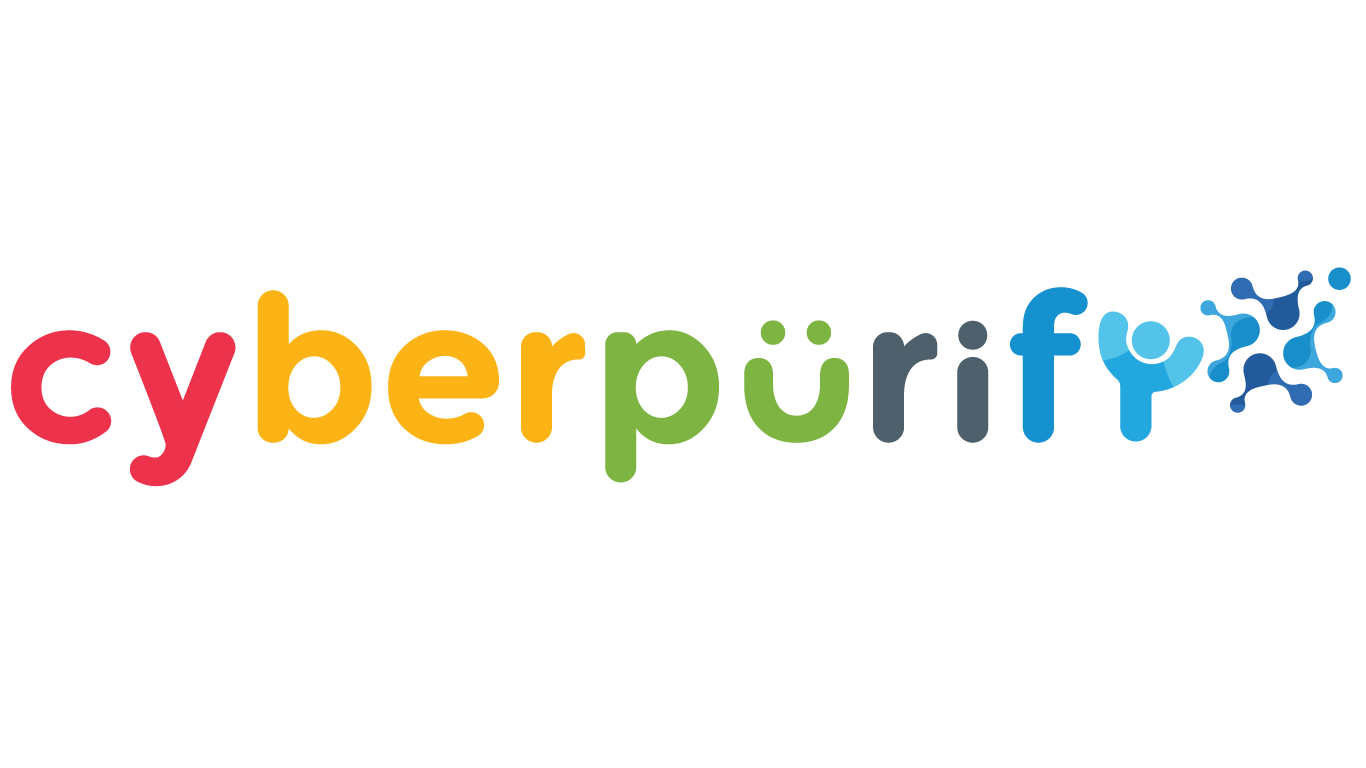The Internet can be a wonderful and exciting environment for children to learn and play, but on the other hand, it is a completely dark and dangerous world, full of dangers and attackers. Unfortunately, children and adolescents are particularly vulnerable.
Children entering primary school can use the network for learning and entertainment purposes, parents can still monitor their child’s use of the network at this age. However, you may not always have enough time with your kids, that’s why you should start preparing and teaching them about Internet safety as well as the dangers of the internet so that they can better protect themselves online even you are not around them.
This article will help you gain more knowledge about cyber security for kids.
Is it too early to talk about cyber security for kids 6-8 years old?
When your child is of school age, he or she will be able to use the Internet to look up information, do schoolwork and homework. Besides, your child can also watch videos, play games and connect with friends and family (via Messenger Kids, for example) using computers, cell phones, tablets, TVs and other Internet-connected devices.
Because school-age children begin to become independent online and can go online without your supervision (and you don’t always have time to have 24/7 surveillance on their screen either), so there are more Internet safety risks for young children. As mentioned, children and teenagers are particularly vulnerable when using the Internet. Your child may be exposed to these risks while surfing the web, using social media or during games.


With the wide range of Internet dangers out there, it’s never too early to educate your kids about the dangers of the Internet, while raising awareness and protecting them actively away from inappropriate content and risky behaviors. Only then can your child make the most of their online experience to learn, discover, create and connect with others.
Dangers of the internet for school-age children
There are two main types of Internet safety risks for children: content risk and the risk of who they are exposed to, here are what you should share with your child:
The risk of inappropriate content
For school-age children, these risks include things they might feel uncomfortable, disgusting, or annoying if they come across accidentally. This content may include pornography, animal cruel images, realistic or simulated violence, accidental, bloody dead bodies, etc.
Among these, pornography is the most dangerous. Research shows that most pornography and sex addiction begin in adolescence. Pornography adversely affects brain development, negatively changes the perspective of self-image and encourages attitudes and acts of violence against women.
Besides, the amount of pornographic content created nowadays is unbelievably huge, creeping into sites that are not related to adult content.
Try and you might love this:
The risks of strangers who children come into contact with
These risks include children who are exposed to people they do not know or with adults posing as children online. For example, a kid might be persuaded to meet someone they don’t know, share personal information with a stranger, or provide contact details after clicking a message that pops up.
One of these “strangers” is Online Predator – These predators lurk on social media: chat rooms, instant messaging, game platforms that appeal to children – virtual locations where anonymity facilitates “hunting”.


Some common forms of cyber-predation are the online predator sending illegal images, audio or video to children under an approved age. Or the predator entices the minor to engage in pornographic conversations. Or arrange to meet with a minor to commit sexual acts that are illegal, unlawful and unethical.
The technological revolution of the past two decades has made the world a much more dangerous place for children, and the COVID pandemic adds to that danger.
According to a report from the National Center for Missing and Exploited Children (NCMEC), from January to the end of September 2020, online enticement reports increased by 98.66%, and CyberTipline reports increased by 63.31% year-on-year in 2019. CyberTipline is the place where Internet users report materials related to child sexual abuse (CSAM).


Additionally, your child is at risk of being scammed. If adults can be fooled by receiving millions of dollars or a supercar, kids can fall into more subtle scams when the attacker gives them what they value high such as 1-year free gameplay or special game features.
Your child is especially susceptible to being deceived because they have not experienced much with the outside life. Like online scams, criminals can use children’s popular websites to identify potential victims, then lure them into giving out their parents’ credit card information in exchange for what they want.


How to protect and keep kids safe online?
With the risk of inappropriate content
Explain to your children that the Internet has a multitude of content types and some content is not intended for children. Make it clear to your children such as pornography, violent content, bloody accident images, etc., or anything that scares or angers your child. This helps your child identify inappropriate content for themselves. After that, encourage your child to talk to you if they see things that worry them.


Also, you should go online with your child regularly, watch the apps or games your kids play or the videos your kids watch, this will help you share experiences with them, promote family relationships, and check if the content is appropriate or not.
You can also show your child fun, interesting, or educational web pages and show them how to bookmark them for later use.
Talking to your child is always one of the most effective ways to help your child proactively stay away from the dangers of the Internet, but don’t forget that your child is at an innocent age, easily “tempted” to click the links containing adult content.


That’s why to ensure your child’s online environment is safe and healthier, you should consider using an additional online content filtering tool – is considered by many parents as one of the best best free parental control software – to hide 15 types of harmful content on the Internet, including:
- Pornography
- Horrifying content like gore, accidents, ghosts, violence, murder, terrorism, etc
- Content about stimulants, addictive substances such as alcohol, beer, marijuana, drugs, etc
- Content with aggressive elements, hurting others like Hate speech
This free porn blocker extension can help to minimize your child’s access to harmful content, ensuring a healthy online environment for your child but at the same time, not invading their privacy rights.


With the risks of strangers who children come into contact with
In addition to educating your child as mentioned above, you should make sure that your child will not communicate online with people they do not know. This is especially important if your child is on social media in the game. Some Internet safety tips for kids:
- Children don’t understand the boundaries of what should post and what should not post. So you need to tell your child not to disclose personal information such as name, address, phone number or date of birth because attackers will rely on it to chat with your child, pretending to be friends of their parents or their acquaintances.


- Have your child let you know if someone they don’t know contact them online. Because criminals are so ubiquitous on social media, they communicate and talk to minors in a variety of ways, so you need to help them understand that attackers can be anyone, any profession, so they should not talk to strangers online.
- Instruct your child to behave appropriately online when chatting and interacting with friends, or teaching your child soft skills in the digital age, helping them better protect themselves and become a responsible citizen of the Internet.
- Tell your child that before they fill out any game site, online contest or membership, they must take you to check the information.
- Have your child ask you before they use a new app to make sure it’s right for them, and show them how to check their privacy settings to keep their personal information safe.
Find this helpful? You also love these:















